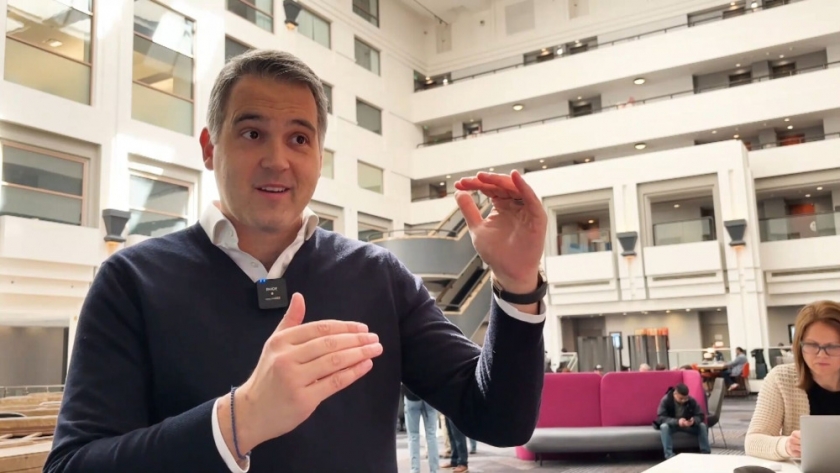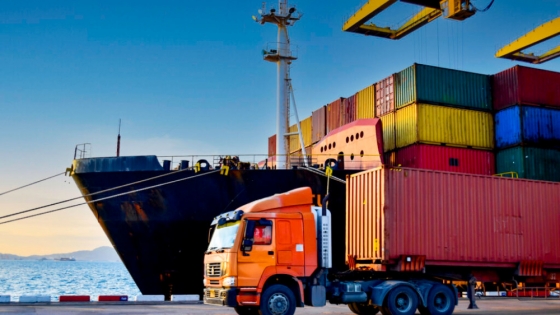
By Agroempresario.com
At the recent Future Food-Tech summit in San Francisco, investor Costa Yiannoulis, cofounder of Synthesis Capital, spoke about the current state of foodtech, biomanufacturing, alternative proteins, and AI in food innovation. Despite recent setbacks and shifting investor sentiment, Yiannoulis emphasized that seasoned investors are committed for the long term—especially those who avoided the “plant-based CPG blood bath.”
According to Yiannoulis, many early startups in the alt protein space entered the market with passion but lacked solid strategies. “The first wave of companies understood the problem but didn’t have the right solutions. And we were in a low-interest rate environment where growth was prioritized over fundamentals. That didn’t work out,” he said.
Now, he says, a more mature second wave is emerging. Founders are more focused on unit economics, realistic capital needs, and sustainable business models. “It’s a better time to invest,” Yiannoulis noted, citing improved valuations and more innovative, grounded startups.
Synthesis Capital’s approach has always emphasized upstream enabling technologies—especially in biomanufacturing—rather than trendy consumer packaged goods (CPG). “We intentionally avoided the plant-based crash and focused on foundational tech that could transform food and biotech sectors,” he said.
Startups in their portfolio like Triplebar are helping drive cost efficiencies by improving biological processes. Meanwhile, companies like Pow.bio are leveraging continuous fermentation to lower production costs by 50–100% without the need for massive infrastructure investments.
Yiannoulis advised startups to remain cautious. “Don’t try to raise $100 million in one go. Focus on core products, and make sure there’s a margin—both for you and any corporate partners you work with,” he said. With public markets stagnant and M&A activity limited, startups must prioritize products consumers want and financial sustainability.
He also commented on the role of corporate partnerships, saying big companies still struggle with innovation and often look to startups as “outsourced R&D.” Rather than waiting for acquisition, he recommends joint ventures or co-development agreements that leverage corporates’ distribution channels and customer access.
As for AI in foodtech, Yiannoulis sees promise—but only when startups generate their own high-quality data sets. “Everyone has AI on their pitch decks, but unless they have real data, we’re not interested,” he said. Startups that generate millions of data points daily, however, offer meaningful potential for AI-driven biological optimization.
In a volatile market influenced by factors like tariff policy and macroeconomic uncertainty, Yiannoulis remains confident. “The reasons these companies exist—climate change, food security, sustainability—are more urgent than ever,” he concluded. With smarter strategies and enabling technologies, the next phase of foodtech may finally deliver on its early promise.

